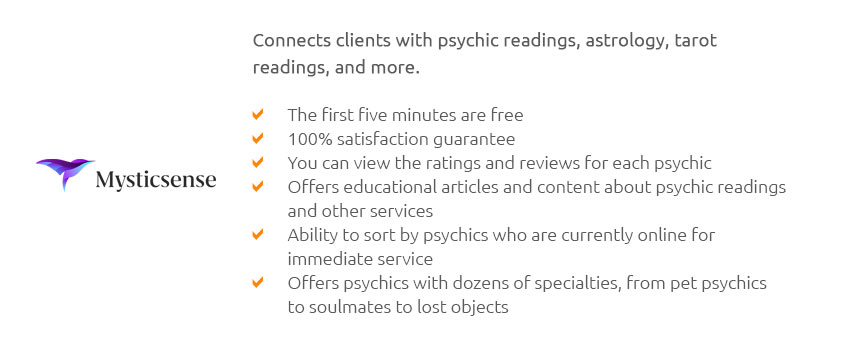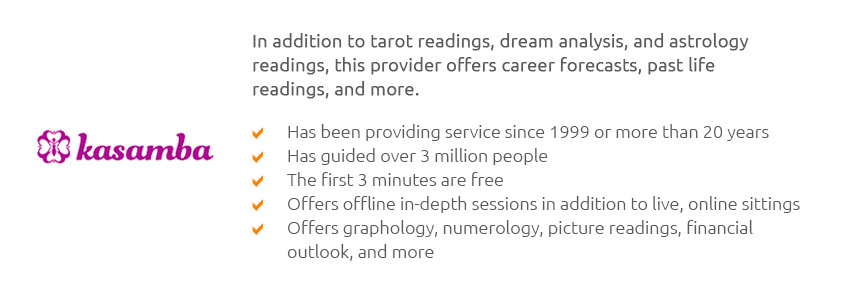 |
 |
 |
|---|
 |
 |
|---|
 |
|
|---|---|
 |
 |
 |
 |
 |
 |
 |
 |
 |
 |
 |
 |
|---|
The Enigmatic World of Psychic People: A Journey Beyond the OrdinaryThe phenomenon of psychic individuals has long captivated the human imagination, intertwining the threads of mysticism, skepticism, and curiosity. As we delve into the realm of the inexplicable, it is crucial to explore the various dimensions that characterize this intriguing subject. Psychic people, often heralded for their extraordinary abilities such as telepathy, clairvoyance, and precognition, exist in a space that challenges the conventional boundaries of human perception. While some view these abilities with skepticism, dismissing them as mere parlor tricks or coincidences, others embrace the possibility of a deeper, more profound connection with the universe. At the heart of the debate lies the question: Are psychic abilities real, or are they simply a manifestation of the human desire to believe in the extraordinary? To understand this, one must consider the cultural and historical contexts that have shaped the perception of psychic phenomena. Across various cultures, from the oracles of ancient Greece to the shamans of indigenous tribes, individuals with purported psychic abilities have played pivotal roles, serving as intermediaries between the mundane and the divine. For those who advocate for the authenticity of psychic abilities, scientific studies offer a glimmer of validation. While mainstream science often remains skeptical, citing a lack of empirical evidence, some researchers have conducted experiments suggesting that certain individuals may indeed possess heightened intuitive capabilities. These studies, though not without controversy, provide a tantalizing glimpse into the potential of the human mind.
For those exploring the potential of psychic abilities, it is essential to approach the subject with an open yet discerning mind. While it is easy to be swept away by the allure of the mystical, critical thinking and healthy skepticism remain vital tools in navigating this complex terrain. The world of psychic phenomena is as much about exploring the limits of human potential as it is about understanding the cultural narratives that shape our beliefs. In conclusion, the enigmatic world of psychic people continues to inspire both fascination and debate. Whether one views these abilities as genuine manifestations of human potential or the product of imagination and interpretation, they undeniably challenge us to reconsider the boundaries of our understanding. As we stand at the crossroads of belief and inquiry, it becomes clear that the true power of psychic phenomena may lie not in the abilities themselves, but in their capacity to expand the horizons of human thought and experience. https://inmysacredspace.com/psychic-abilities/
A psychic is a person who consciously utilizes their intuition. Psychic abilities are intuitive abilities. Some people argue that there's a difference. https://now.northropgrumman.com/are-psychic-abilities-real-exploring-the-science-of-superpowers
From moving objects with your mind and reading people's thoughts to even taking flight, psychic abilities have long fascinated human beings. https://www.oprah.com/inspiration/four-signs-that-you-might-be-psychic
But in my experience, these activities also seem to "open" people who are psychic even more! Psychic abilities can often sit quietly, then ...
|
|---|